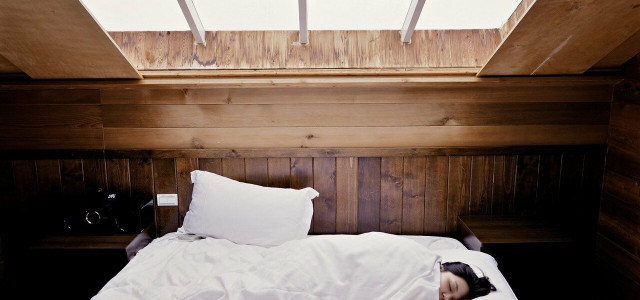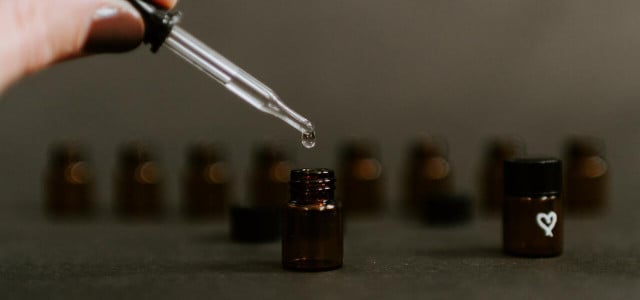Insomnia got you going insane? Consider adopting sleep hygiene practices while supplementing your diet with these 7 herbs as a natural sleep aid.
According to the American Academy of Sleep Medicine, insomnia is characterized when you have three of the following symptoms:
- trouble falling asleep
- trouble staying asleep
- trouble getting back to sleep again after waking up too early
- low sleep quality
About 10 percent of Americans have chronic insomnia and 30 percent have acute insomnia. One in four Americans gets insomnia every year.
Although some people say they only need five hours to function fine, the National Sleep Foundation found that most adults need eight hours of good quality restorative sleep.
Consumptive habits like drinking stimulants like caffeine and tea —along with alcohol, protein, and fat-packed foods before bed— are what disrupts the circadian rhythm and cause sleep problems.
While your best bet for better sleep is to cut the caffeine, some herbal sedatives may help you wind down after a stressful day. The following herbs may help you sleep:
1. Valerian Root
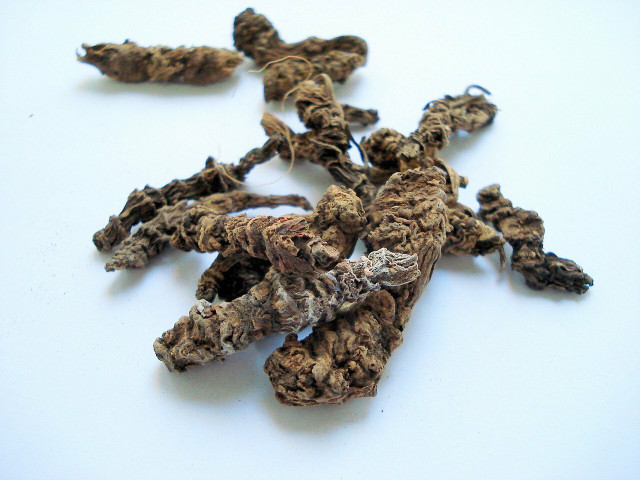
Valerian root is a popular natural remedy thought to treat anxiety, depression, and insomnia. A study on the effect of an aqueous extract of valerian found that its mild hypnotic effect reduced perceived sleep latency, which is the time it takes to fall asleep. Another study found valerian may improve sleep quality.
2. Kava
Kava is an herb with anxiety-reducing effects used to help promote better sleep quality, however, studies reveal that its ability to improve sleep latency affects only those who suffer from anxiety. If your acute insomnia comes from anxious thoughts that pop up as you try to quiet the mind, a kava tea may help you settle into sleep.
3. Chamomile: A Natural Sleep Aid
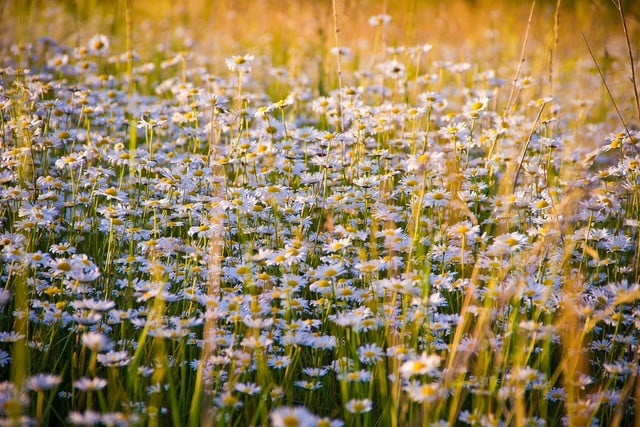


Chamomile is used as a medicinal tranquilizer, and it has been found to help elderly people improve their quality of sleep. Chamomile’s mildly sedative effects are thought to be due to its flavonoid content, an important antioxidative and anti-inflammatory. A study on rats found chamomile to have a benzodiazepine-like effect.
4. Lavender Aromatherapy



Lavander’s soft and soothing fragrance is used to help people wind down before going to bed. Try using this beloved purple herb in aromatherapy to lull yourself to sleep. A study found that lavender in combination with sleep hygiene improved subjective reports of sleep quality.
5. Try Hops for a Better Sleep
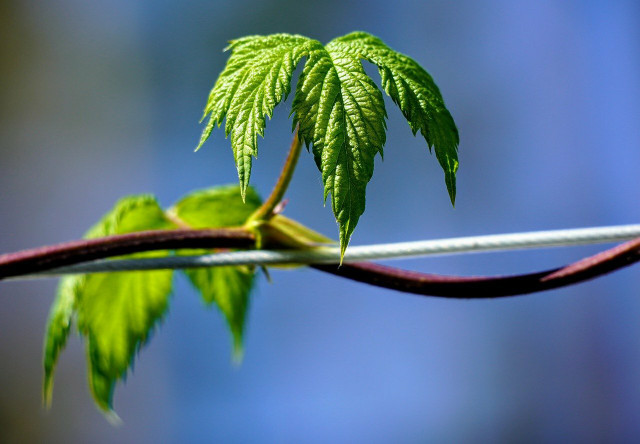


Hops, aka the beer herb, works as a mild sedative. One study on birds showed that a small dose of 2mg helped decrease nocturnal activity and which leads researchers to suggest that a non-alcoholic beer before bed could help you slip into sleep.
6. Red Ginseng
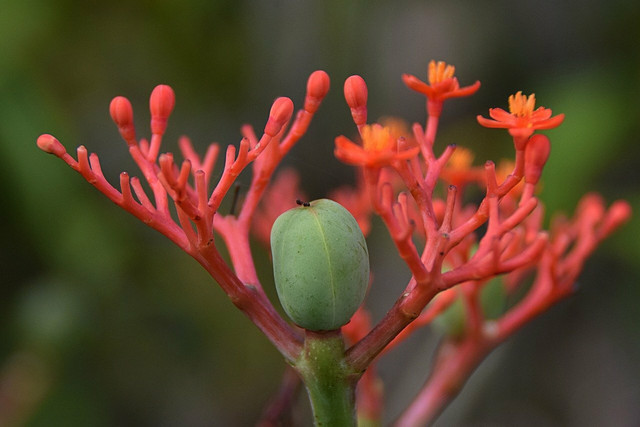


The ginseng root has been used as a sedative for thousands of years. It’s consumption is so popular that “ginseng abuse syndrome” (GAS) is a thing now. In one study, red ginseng (not to be confused with white ginseng) was found to increase the total sleep time of the study participants, which lead the researchers to presume that red ginseng could contribute to better overall sleep quality. However, keep in mind that red and white ginseng are also used traditionally as both an aphrodisiac and a stimulant.
7. Spearmint: More than a Natural Sleep Aid
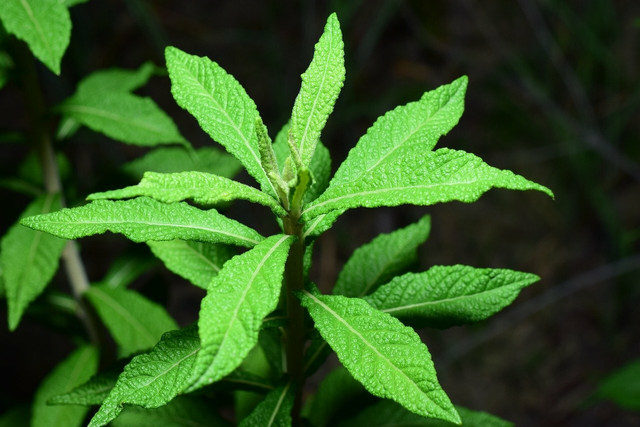


Spearmint isn’t shown to have a direct effect on sleep, but studies show that the herb can improve working memory, mood, and subjective reports of sleep quality — which can be explained as an effect of an improved mood and memory.
Sleep Hygiene is the Ultimate Natural Sleep Aid



Pharmaceutical or natural sleep aids may help to shift your brain back into balance, as well as to help you rethink your bedtime routine. If your bedroom is full of things that remind you of whatever stressful stuff is going on in your life, however, you might still find it hard to flow softly into sleep.
Practice sleep hygiene and a good nighttime routine to help bolster the effects of any herbs you take to help you sleep. The Centers for Disease and Control lists a few simple tips for building good sleep habits:
- Reserve your bedroom for sleep. By associating your sleeping space with nothing else but sleep, you’ll find your mind is more resistant to stressful thoughts popping up.
- Excercise. Cook up your own natural sleep chemicals by getting at least 30 minutes of cardiovascular exercise 5 times a week. A wealth of research shows that adequate exercise is essential for good sleep and overall well-being as it promotes the production of melatonin and dopamine.
- No large meals, coffee, or booze before bed. Eating large and mixed nutrient meals, caffeine, or alcohol before bed can task your body and lengthen your sleep latency as well as sleep quality.
- Keep a bedtime. Being consistent with when you go to bed is key to helping your brain and body know when it’s time to turn down. Routinely running around at odd hours will only confuse your system about what it’s supposed to be doing.
Read On:
- Taking Time for Yourself: How to Make the Most of Your Me Time
- The Best All-Natural DIY Air Freshener
- Clove Essential Oil Benefits & Side Effects
Important Information regarding Health-related Topics.
** Links to retailers marked with ** or underlined orange are partially partner links: If you buy here, you actively support Utopia.org, because we will receive a small part of the sales proceeds. More info.Do you like this post?






